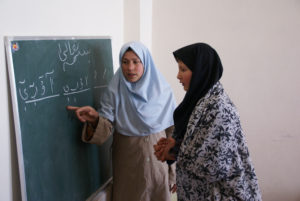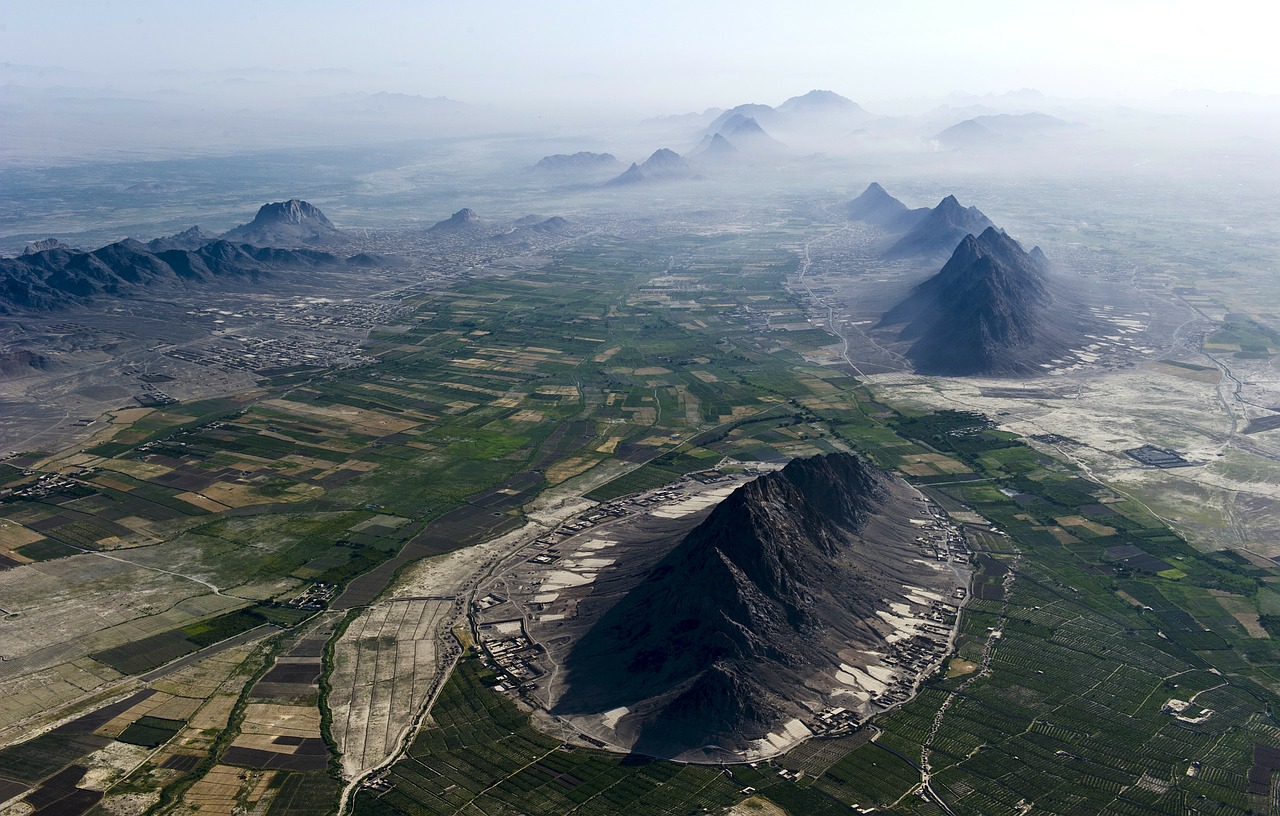By focusing on the NGOs (non-governmental organizations) working within Afghanistan, one gets an idea of both how much is being done within the country and how much work there still is to do. ACTED (Agency for Technical Cooperation and Development) was formed in 1993 as a not-for-profit, private, and independent organization. Their mission is to address the specific needs of populations that have been affected by catastrophes, social crises, and war. Their vision is to ensure that all humans can live with dignity. ACTED invests in the potential of people and works for immediate change in the lives of people facing urgent needs. Specifically in Afghanistan, the organization operates in seven provinces and has expanded its influence and programs within the last few years in response to the growing needs of the population.
Emergency Assistance
Violence continues to affect communities in many areas of Afghanistan, and has led to the displacement of nearly 200,000 individuals. In addition, recurring natural disasters have increased the number of at-risk people within the country. Communities that are faced with urgent need for food, water, and shelter have been assisted by ACTED. The organization has provided money and vouchers, sanitation services, clean water, and shelter to people in need across seven Afghan provinces. The organization is currently involved in a 16-month project to improve water, sanitation, and hygiene (WASH) infrastructure in many Northern Afghan provinces. This work includes constructing wells and latrines, as well as providing emergency hygiene kits to displaced families.
Natural Disaster Recovery
According to recent studies by the United Nations, over 250,000 persons are affected by natural disasters within Afghanistan, such as floods, droughts, and earthquakes. Food and non-food items, cash, and vouchers have been distributed to offer support as part of ACTED’s mission. In conjunction with meeting urgent needs, the organization is also committed to long-term plans to rebuild infrastructure, repair water systems, and replace temporary shelters. In April 2016, the organization responded to severe flooding in Baghlan and Balkh provinces by offering basic hygiene supplies.
Marginalized Populations
Women, youth, and farmers are among the most marginalized people in Afghanistan. ACTED works to support these groups through both formal and informal education programs. They provide literacy classes, small business development training, vocational education, and support groups to help people develop the skills they need to provide for themselves and their families. By facilitating access to training in agricultural techniques and working to develop sustainable economic opportunities, ACTED helps marginalized individuals become better able to support their family and communities.
Gender-based Violence Reduction
In cooperation with local women’s organizations, ACTED is addressing gender-based violence, focusing on women and young girls. They provide crisis shelters, counseling, case management, and more to women who have been victims of gender-based violence. In addition, women and girls are receiving holistic education that can include literacy, job training, and other vital services.
The Link between Emergency and Rehabilitation

Image by Direct Relief | Flickr
ACTED has been working in Afghanistan to help people deal with the after-effects of war and break the cycle of poverty. According to ACTED, interventions that take place as a response to a crisis or natural disaster must have long-term, sustainable support in order to be effective. Rather than focusing on short-term needs, ACTED brings together local community organizations to provide ongoing support once the crisis has passed. These organizations are led by local people who have a deep understanding of the needs of their communities and the most culturally appropriate ways to provide assistance.
The Developmental Approach
Through a multidisciplinary approach, ACTED can offer both developmental and humanitarian support. Their adaptive approach is helping to break the cycle of poverty and encourage sustainable development. ACTED’s assistance involves a multi-phase process:
Phase 1 offers household-level support that promotes self-reliance, helps families generate an income, and increases food security. When people receive this kind of support for their family unit, they are more able to help meet broader community needs.
Phase 2 expands the household support into an “ecosystem approach” to agriculture. By utilizing sustainable, climate-friendly agricultural techniques, communities can obtain a more reliable source of food and economic growth opportunities.
Phase 3 continues the expansion into private sector development through small business enterprise support. Urban development and rebuilding can sustain the growth of new businesses, which in turn provide jobs and income.
This three-phase process represents a gradual approach to rebuilding that emphasizes self-sufficiency. This approach also helps ensure that any changes that have been implemented don’t simply vanish when the immediate crisis is over and the aid organization leaves.
Focusing on long-term solutions rather than what appears to be a “quick fix” does not negate the need for emergency responsiveness. Particularly in countries that have experienced war or other crisis situations, the need for both is stark. Fortunately, ACTED and other international and Afghan NGOs stand ready to assist.


